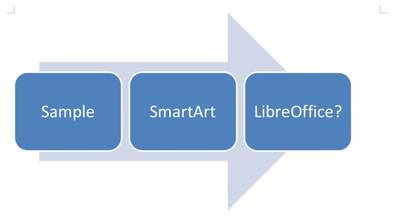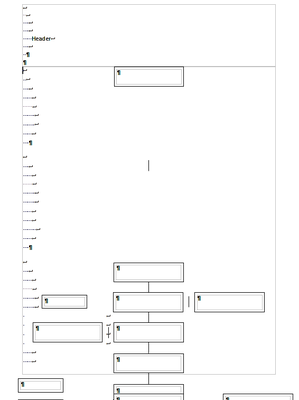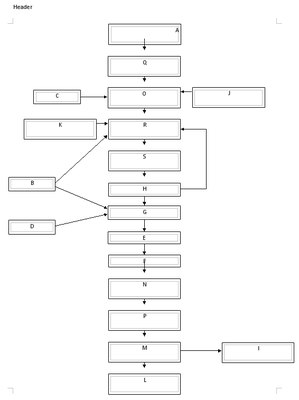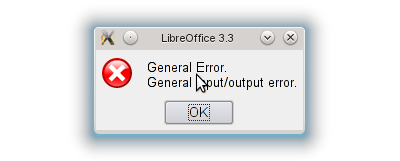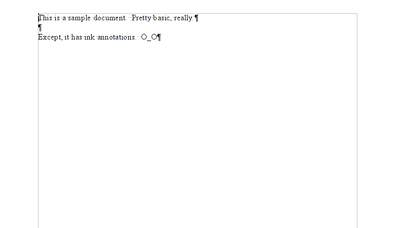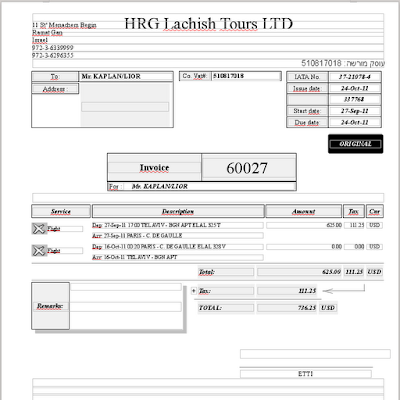Estimated read time: 2 minutes
There are multiple strategies how to add testcases for code that sort of works, but has no or too few tests. One approach (that works quite well in LibreOffice, for example) is to just add tests for new code, and there the test is "good", if it passes, but it fails if you revert the corresponding real change.
An other approach to avoid duplicated tests is to use a tool like lcov, that
can perform line or function coverage analysis for you, so a test is "good" if
it increases the coverage. I wanted to look into this later approach for
LibreOffice, but I decided it’s more fun to try this out for a smaller project
first. That’s when adding testcases for BitlBee’s Skype plugin came into my
mind.
The problem there is that manual testing typically includes multiple online Skype clients and an IRC client as well, and such tests are extremely unreliable. So I thought: if I’m able to mock both the interactive IRC and Skype clients, then it’ll be easy to test the C Skype plugin itself, even for very special scenarios (like changing a groupchat topic in the middle of inviting somebody to a groupchat or similar).
So here is the result looks like:
skyped mock file +--------+ +---------+ pyexpect mock file
------------------> | skyped | <-----> | bitlbee | <--------------------
+--------+ TCP +---------+For skyped, the exact traffic is recorded and played back later; for BitlBee,
only the outgoing traffic is exact, for the incoming traffic pyexpect allows
just patterns (to allow tolerance for not interesting changes). Once the
framework was available, it was quite easy to add testcases: I already have
70%+ coverage, and I think approaching the 100% function coverage is realistic.
:-)
What was also interesting is that it turned out the latest upstream lcov release is not compatible with gcc-4.7, but the necessary patches are now integrated, and the next upstream release will work out of the box.
The BitlBee mock files can be found here. Given that there are now instructions to do similar analysis for LibreOffice as well, I hope to look into increasing test coverage for the classes I maintain as well.










